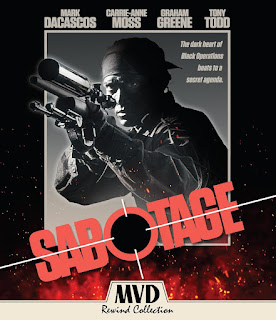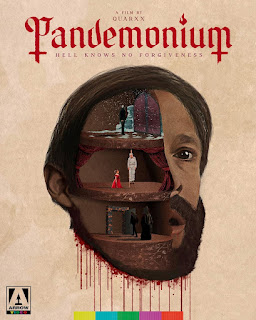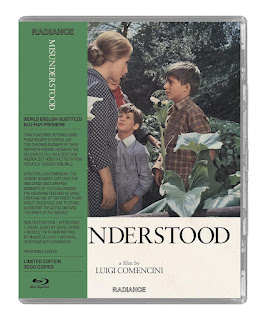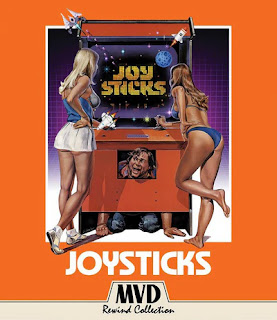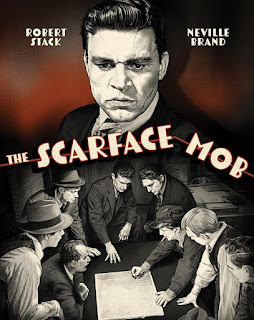Narc
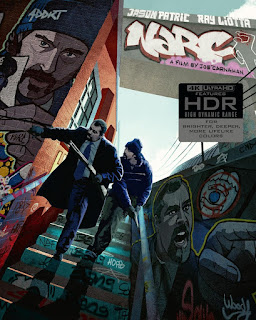
The dirty cop story has been kicking around cinema screens since the days of film noir. So, any attempt at updating the clichés has better bring something new to the table. 2002’s Narc relies on its cast and characters – not to mention the gloomy urban landscape of Detroit, which is really another character unto itself – to elevate the material. Which they do. Trouble is writer / director Joe Carnahan’s script is a studiedly serious exercise is recycled plot devices and narrative dead-ends that wastes all the gritty authenticity it’s got going for it. Former undercover narcotics officer Nick Tellis (Jason Patric) is lured back onto the force by the promise of a steady paycheck and a cushy desk job if he can close the case of murdered cop, Michael Calvess. Calvess’ former partner, Henry Oak (Ray Liotta), a hotheaded rule-breaker from the old school, is brought in to assist. But Tellis sniffs out a conspiracy that runs deeper than the streets, pursuing angles and interviewing susp
